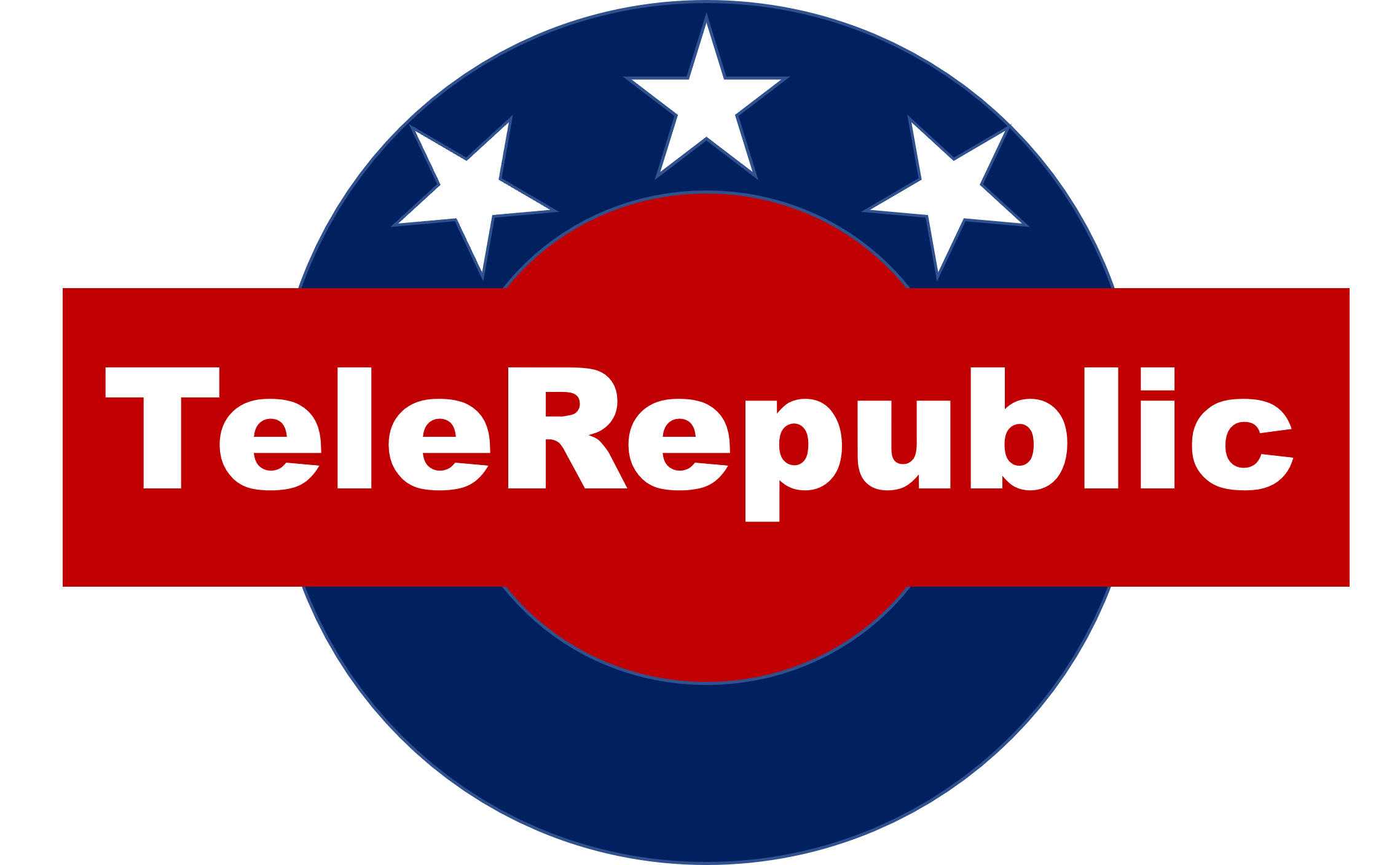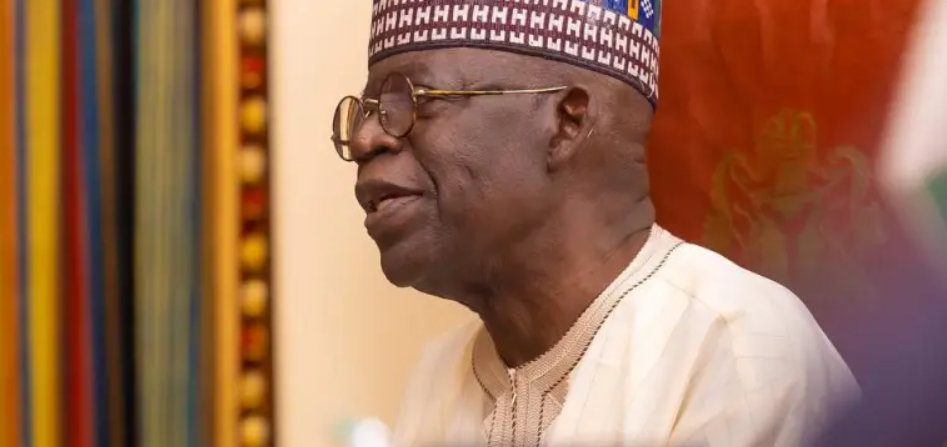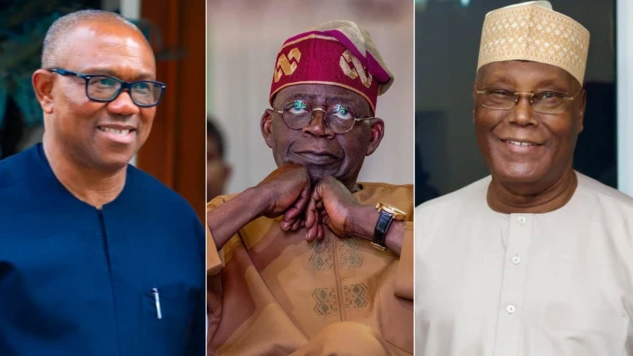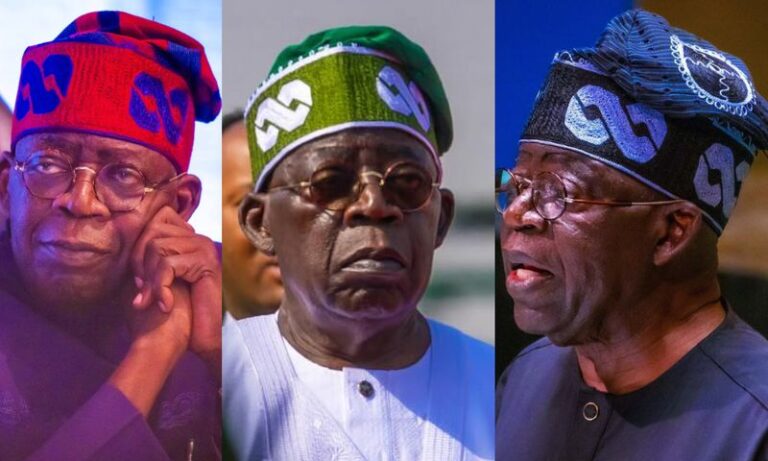Introduction
In a stunning display of disregard for Nigeria’s economic plight, Bola Tinubu’s administration has approved a supplementary budget that includes millions of dollars for a presidential yacht and sport utility vehicles (SUVs) for his wife and top government officials. This decision comes amid soaring food prices, a struggling economy, and widespread public frustration. The egregious misuse of funds, and Tinubu’s failure in governance urgently demands protest for this catastrophic leadership failure.
Extravagance in a Time of Economic Crisis
A Misguided Budget
On Wednesday, Tinubu signed a supplementary budget into law, allocating a staggering $38 million for the presidential air fleet and various renovations. This includes an outrageous $6.1 million initially budgeted for a presidential yacht, which was later fraudulently reallocated by lawmakers to “student loans” with the Senate’s approval. The Nigerian navy has confirmed the yacht’s delivery, yet it remains unpaid, highlighting the administration’s duplicitous actions.
Misplaced Priorities
According to Presidential spokesperson Anjuri Ngelale, the supplemental budget aims to “strengthen Nigeria’s security architecture and address critical infrastructure deficits.” However, the reality paints a different picture. About 30% of the funds are earmarked for security, while 35% supposedly address infrastructure needs. The remaining allocation, shrouded in ambiguity, raises serious questions about transparency and accountability.
Lawmakers’ Lavish Spending
SUVs for Lawmakers
Adding insult to injury, the national assembly confirmed that each of its 460 members would receive a new SUV, reportedly costing over $150,000 each. This lavish spending is justified by lawmakers as necessary to improve their work efficiency. However, in a country where many citizens struggle to afford basic necessities, this expenditure is nothing short of a slap in the face to ordinary Nigerians.
The Stark Reality of Nigeria’s Economic Hardship
Skyrocketing Food Prices
Nigeria, one of the world’s poorest countries, is experiencing unprecedented food price increases. The average Nigerian finds it increasingly difficult to make ends meet. Nduka Omeje, a trader in Abuja’s Apo resettlement, captures the dire situation succinctly: “It is by the grace of God that I can eat. It is hard.” This statement reflects the widespread desperation and disillusionment among the populace.
Meager Wages and Strikes
Labor unions have long struggled to secure fair wages for civil servants. Despite protests, the minimum wage remains a paltry $67 per month, with the last increase occurring in 2019. Medical professionals and other essential workers frequently strike to demand better pay, further highlighting the government’s failure to address critical economic issues.
A Call to Action
The Need for Protest
The Tinubu administration’s blatant disregard for the welfare of Nigerians necessitates immediate and decisive action. The approval of a yacht and luxury SUVs amid an economic crisis is a grave misallocation of resources that should instead be directed towards uplifting the country’s poor and addressing urgent infrastructure needs. Nigerians must unite and protest against these egregious governance failures to hold their leaders accountable.
Conclusion
President Bola Tinubu’s administration has shown a shocking level of incompetence and indifference to Nigeria’s economic struggles. The approval of a supplementary budget for luxury items, while the majority of the population faces severe hardship, is a testament to the administration’s malicious failure in governance. Nigerians must take a stand and demand better leadership to prevent further erosion of their country’s future.
Critique and Analysis
Tinubu’s Leadership Failure
The decision to purchase a presidential yacht and luxury SUVs is not just a reflection of poor judgment but a deliberate act of malfeasance. This administration’s priorities are grossly misplaced, with a clear emphasis on personal luxury over public welfare. Tinubu’s actions reveal a profound disconnect from the realities faced by ordinary Nigerians.
Economic Disparity
The growing economic disparity in Nigeria is exacerbated by such irresponsible spending. While politicians enjoy exorbitant salaries and benefits, the average Nigerian grapples with inflation and insufficient wages. This disparity fuels social unrest and deepens the divide between the ruling class and the citizens they are supposed to serve.
Misallocation of Funds
The reallocation of $6.1 million from the yacht budget to “student loans” is a fraudulent maneuver designed to placate critics without addressing the root of the problem. This move underscores the administration’s lack of genuine commitment to education and youth development, further hindering Nigeria’s progress.
Public Outcry and International Scrutiny
The international community must also scrutinize Tinubu’s administration for its blatant corruption and mismanagement. Global organizations and foreign governments should pressure Nigeria to uphold democratic principles and ensure that public funds are used responsibly. The Nigerian diaspora can play a crucial role in amplifying these concerns on the world stage.
The Role of Civil Society
Mobilizing for Change
Civil society organizations and labor unions must mobilize to demand accountability from the Tinubu administration. Protests, petitions, and public campaigns are essential tools in highlighting the government’s failures and pressuring for reforms. The Nigerian populace must harness their collective power to instigate meaningful change.
Promoting Transparency and Accountability
Transparency and accountability should be the cornerstone of governance in Nigeria. Civil society must advocate for robust anti-corruption measures, transparent budgeting processes, and stringent oversight mechanisms. Only through sustained efforts can Nigeria hope to overcome its current challenges and build a more equitable society.
The Path Forward
Investing in Critical Sectors
Nigeria’s leadership must prioritize investments in critical sectors such as healthcare, education, and infrastructure. By redirecting funds from unnecessary luxuries to essential services, the government can improve the quality of life for all Nigerians and foster long-term economic growth.
Empowering the Youth
The future of Nigeria hinges on the empowerment of its youth. Providing access to quality education, vocational training, and employment opportunities is vital for sustainable development. The government must commit to genuine reforms that support youth empowerment and address the root causes of unemployment and poverty.
Conclusion
Bola Tinubu’s administration has failed Nigeria in a profound and alarming manner. The approval of a supplementary budget for luxury items amid an economic crisis is a stark reminder of the leadership’s misplaced priorities and blatant disregard for public welfare. Nigerians must rise in protest and demand accountability to safeguard their future and restore faith in their nation’s governance.




